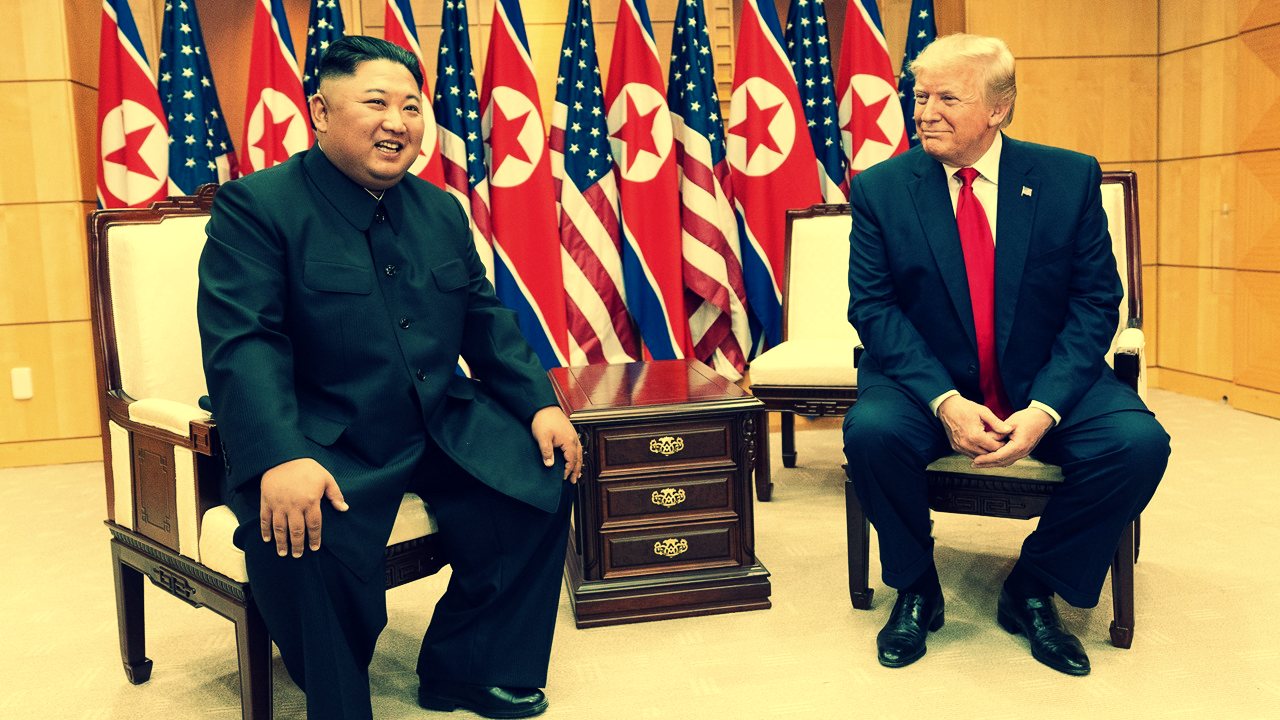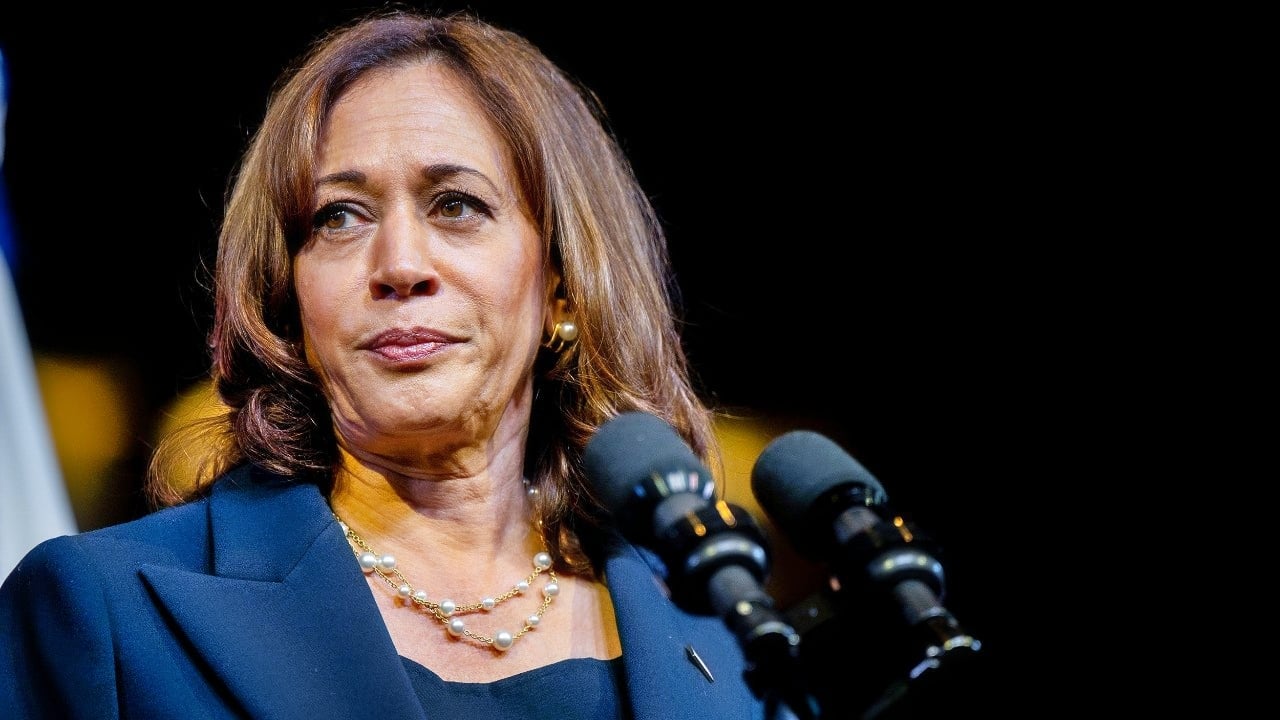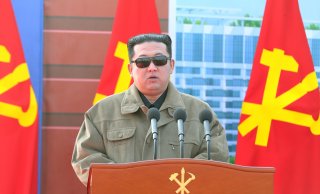Renegotiate or Retrench? Trump and Harris Offer Stark Choices for U.S.-Korea Relations
For allies like South Korea, the uncertainty surrounding U.S. commitment during the presidential election season creates a challenging strategic environment. However, the current state of affairs underscores the need for robust, institutionalized alliance structures that can withstand the vicissitudes of domestic politics.
In 2016 and again in 2020, the state of the U.S.-South Korea strategic alliance featured prominently in the presidential campaign talking points. Indeed, the Korean Peninsula serves as a microcosm of broader geopolitical tensions, where the consequences of American leadership, or lack thereof, are acutely felt. Trump flogged the seventy-year partnership for its financial costs, appealing to voters that American allies must pay up for U.S. contributions to global security.
For the Clinton and Biden campaigns, maintaining consistent networks of multi-domain alliances epitomized by that with South Korea was a core part of their strategic vision for a U.S.-led international order.
This year, South Korea has been less politicized on the campaign trail, but both Trump and Harris, along with their running mates, have offered different viewpoints on the role of international strategic partnerships in U.S. national interests. Understanding these fundamental differences is perhaps more crucial than any specific policy commitments, as they represent fundamentally different visions for America's role on the global stage and how the president will serve as the nation's top emissary and commander-in-chief.
The presidential debate's limited focus on global partnerships, particularly with no attention given to the Indo-Pacific region, is a cause for concern. While the debate's focus on the Russia-Ukraine and Israel-Palestine conflicts is understandable given current headlines, the oversight of robust alliances with South Korea and Japan represents a missed opportunity to hear how the next American leader will address the complex challenges faced in a rapidly evolving global landscape.

The Trump campaign continues to emphasize what it perceives as more equitable burden-sharing within alliances, particularly regarding the costs of U.S. troop presence. His skepticism, if not outright hostility, towards political and defense alliances is well-documented.
U.S.-South Korean Relations During the Trump Presidency
In 2016, Trump characterized the Korean defense alliance as a bad deal and the Korea-U.S. Free Trade Agreement (KORUS FTA) as "the worst deal,” a phrase he also used to describe the North American Free Trade Agreement (NAFTA). He vowed to renegotiate or end both the seventy-year-old treaty alliance and the now sixteen-year-old trade deal if he couldn’t get the terms he wanted. Despite South Korea's sizable financial, land, and personnel contributions, Trump consistently calls for increased financial support, arguing that the current arrangement is unfair to the United States.
This stance reflects Trump's transactional view of alliances and his America First foreign policy. More concerning is the potential for a second Trump term to resume efforts to weaken U.S. security partnerships globally, from NATO to multilateral security networks in the Indo-Pacific.
Trump's belief that the United States can address both domestic and international challenges alone, coupled with his ambiguous personal relationship with Vladimir Putin, raises justified fears about the future of these crucial alliances. Perhaps the most damning censure of Trump on this issue comes from John Bolton, former National Security Advisor and now Trump persona-non-grata, who told the South Korean daily newspaper Chosun Ilbo, "Trump lacks an understanding of the concept of alliance."
In contrast, the Harris campaign builds on the strategic approach introduced during the Obama administration's Pivot to Asia and continued, with some amendments, through the Biden administration. This approach emphasizes strengthening and expanding U.S. alliances in the Asia-Pacific region, particularly with key partners like South Korea and Japan.
The multi-domain strategic approach has aimed to go beyond military cooperation to encompass economic partnerships and collaboration on global challenges such as climate change, supply chain resiliency, and emerging technologies. The traditional aim, or perhaps justification, of this approach, is to reassert American leadership while countering China's growing influence through coalition-building and multilateral cooperation.
Harris’s Methods?
However, Harris's foreign policy approach appears more nuanced than the current Biden administration's overarching narrative. The Democratic National Convention (DNC) party platform frames the next administration’s goals to reinvent the alliances for the emerging global order. We do not have specific policy proposals vis-à-vis the South Korea alliance, but a Harris administration might usher in a much-needed generational shift in how America sees whom it can engage as a global partner.
According to Fred Kaplan at Slate, Harris privately disagrees with framing world politics as a contest between democracy and autocracy, seeing it as oversimplifying and potentially misleading. If true, this would be an important difference in how she would seek to broaden and deepen partnerships worldwide.
Towards the Future
The next administration, regardless of party, must articulate a clear, multilateral approach to address these evolving threats while reinforcing commitments to regional allies such as South Korea. As we navigate this period of geopolitical and technological flux, one thing remains clear: the strength of America's alliances and how it handles undemocratic strongmen will be a critical factor in shaping the international order of the coming decades.
For allies like South Korea, the uncertainty surrounding U.S. commitment during the presidential election season creates a challenging strategic environment. However, the current state of affairs underscores the need for robust, institutionalized alliance structures that can withstand the vicissitudes of domestic politics. These partnerships extend beyond regional security; they are foundational to economic innovation, technological advancement, and the promotion of shared democratic values.

While experts may disagree on the nature of the emerging multipolar world order, the importance of American leadership in shaping it remains undeniable. The American presidency and the country's ideological polarization have brought to the forefront latent public fears of foreign entanglements, policy overreach, and economic imbalances, making these central issues in domestic politics.
It will demand a nuanced understanding of the mutual benefits these partnerships provide, not just in terms of security, but in addressing global challenges from climate change to technological innovation. Ultimately, preserving and strengthening these alliances will require consistent, engaged leadership from the United States.
About the Author
Darcie Draudt-Véjares, PhD is a Fellow for Korean Studies in the Asia Program at the Carnegie Endowment for International Peace in Washington, DC. A political scientist and policy analyst, she publishes regular commentary on South and North Korean domestic politics and foreign policy, Northeast Asian relations, and US-Korea policy.
Image Credit: Creative Commons and/or Shutterstock.


